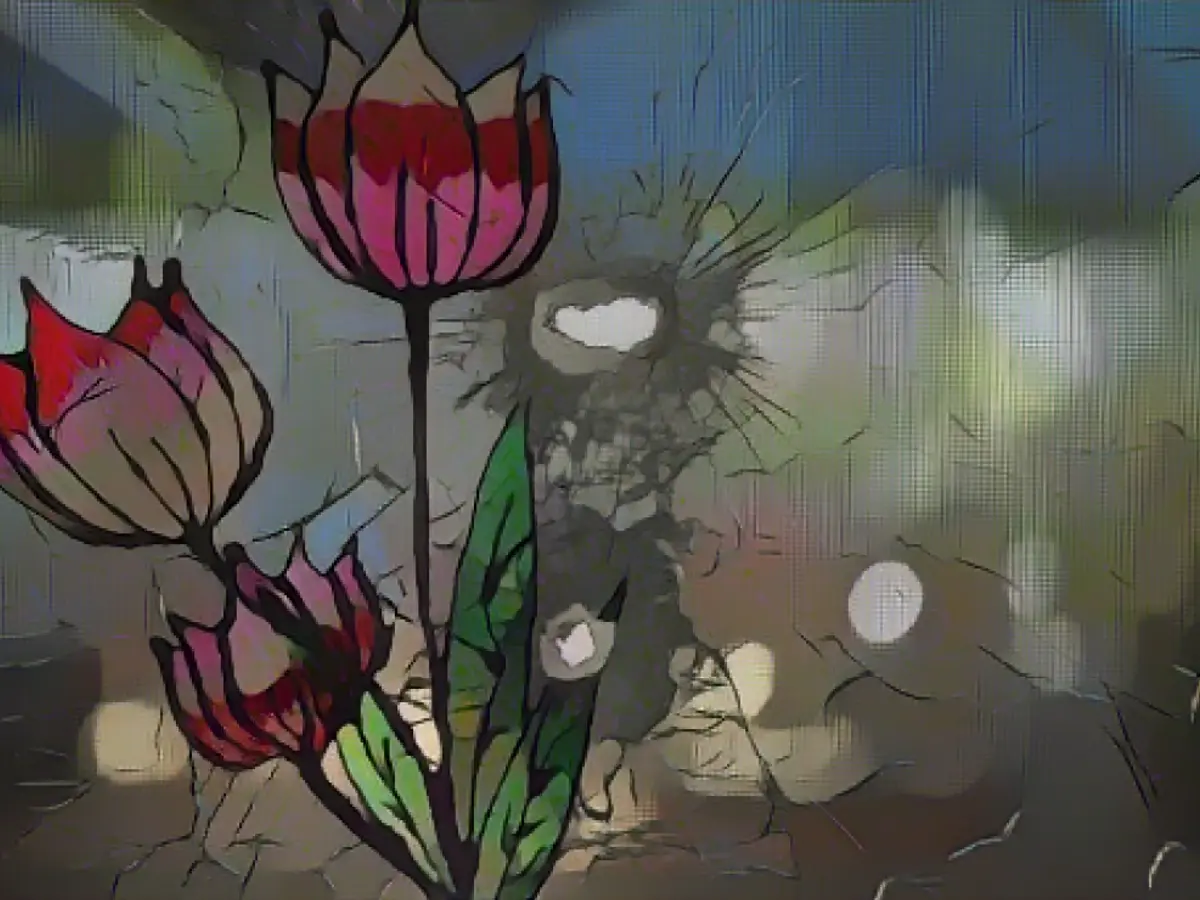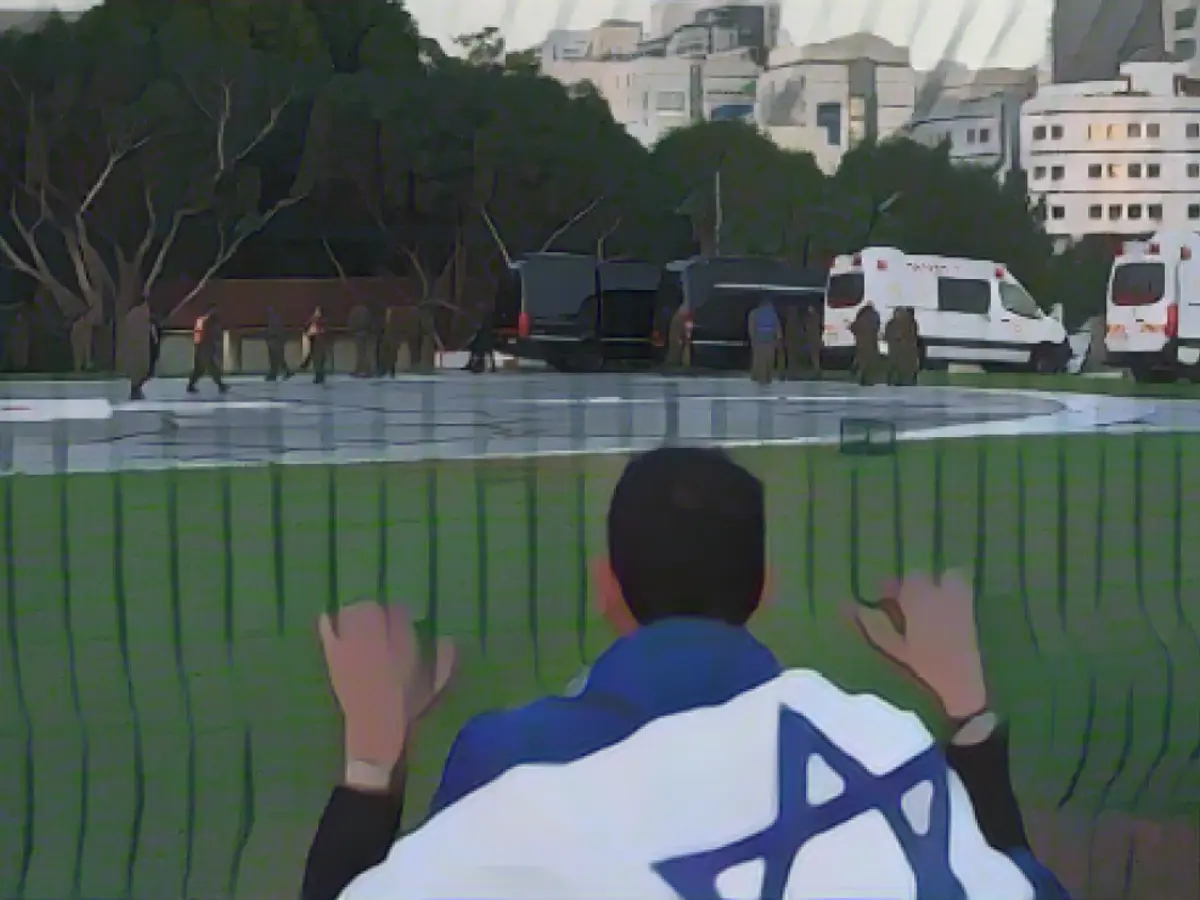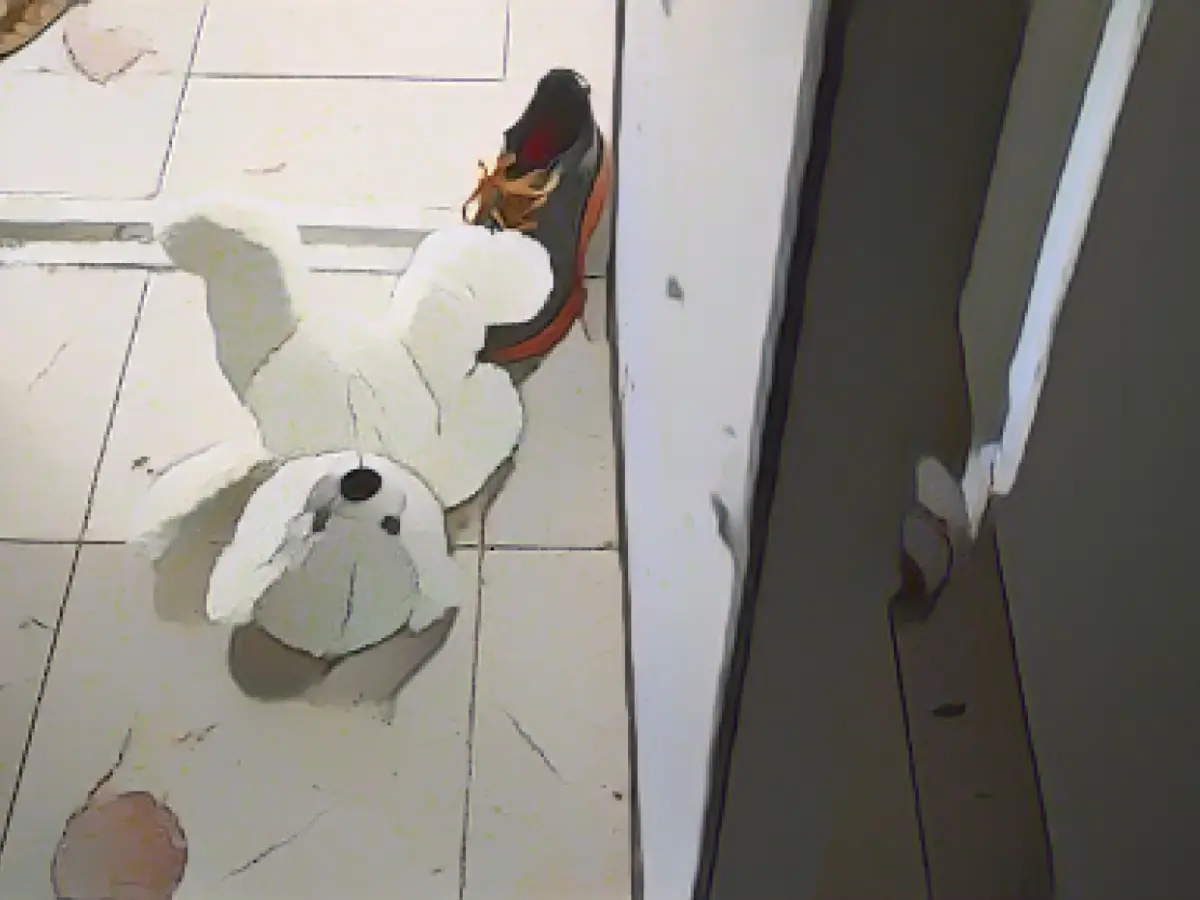October 7's mass trauma left Israeli mental health services struggling to cope. Volunteer psychologists like Golan are stepping in to help fill the void
Golan, part of a group of Israeli psychologists offering their expertise pro bono, has been working tirelessly since the unexpected Hamas attack on October 7 to understand and address the psychological repercussions. In addition to her private practice in central Israel, she supports children and their families in two schools.
National Shock and Emotional Turmoil
"I was there from the first day," Golan told CNN in a phone interview. "On Saturday, we had our first Zoom meeting with teachers and later with parents to see the impact."
Working with therapists and teachers, they created a map to identify the influence circles, so they could better understand the problems they were facing. Despite the fact that these schools were not located in the southern region of Israel, where attacks concentrated, the shockwaves remained strong.
"I had a second-grader who went to visit his family in a kibbutz and saw everything," shared Golan. "Some family members were directly killed in front of his eyes."

Golan explained that many of the people she meets are grappling with deep-seated issues. "Many people are trying to find a logical explanation, to understand what happened and to make sense of the connections," she said.
As the ongoing conflict with Hamas continues and uncertainty about the hostages' fate persists, people must continue with their lives to some extent, but it's too early to assess the long-term effects on mental health.
"It goes on, and people start seeking psychological support, but only now," Golan said.
Golan acknowledged another layer to the pain, which stands in stark contrast to the situation in Ukraine.
"Everyone understands what's happening in Ukraine and stands by their side," she said. "In Israel, we feel like we have to convince everyone that it's actually happening. If someone doesn't believe you, it's like experiencing a double trauma."
Doctor title. Ofrit Shapira-Berman is a psychoanalyst and lecturer at the School of Social Work and Social Welfare at the Hebrew University of Jerusalem. She is a volunteer mental health expert with First Line Med, an organization that provides services, equipment, and advice to those affected by the events of October 7.
Speaking to CNN over the phone, she said that around 500 volunteer psychoanalysts are supporting families of the deceased, wounded, and hostages.
"It's not good," she said. "The mental health of everyone is deteriorating."
"On the 6th, none of us had time, but by the 8th, we all made time that we didn't have," she said.
They treat survivors of the Holocaust and families of the deceased, as well as those who have been abducted, she added.
Shapira-Berman has been helping to support some of the hostages released by Hamas during their temporary ceasefire.
"We're just beginning to see the deeper effects of traumas," she said.
"Nearly all the released prisoners have a father or brother still imprisoned. They're becoming increasingly depressed and are anxious about what will happen to their loved ones."
"Others return to Israel to find out that one of their parents has been killed," she continued. "They're just beginning to grieve."
Homelessness is also a problem. "Most of them were members of a kibbutz, and everything was destroyed. They had to stay with relatives," Shapira-Berman explained. "It keeps coming up – the most painful thing I've heard is that they can no longer trust people."
She added that post-conflict debt is also widespread. "Everyone who hasn't lost someone feels lucky and guilty at the same time," she said. "Those who survived the Holocaust feel guilty."
Read also:
Golan has personally treated someone who lost their entire family. "In some families, three generations and a dog lived in their kibbutz. Their parents and three sisters were murdered. For someone who has lost everything, it's very hard," she said, uncertain about their future.
According to Shapira-Berman, aid mainly comes from grassroots initiatives.
"Public psychiatric institutions cannot handle the number of people who needed help on October 6," she said, and added that the average waiting time for treatment prior to an attack was 18 months.
Professor Eva Gilboa-Schechtman is a professor of psychology and head of the Emotional Processing Lab at the Multidisciplinary Brain Research Center of Bar-Ilan University.
She told CNN over the phone that "almost half the population" suffering from mental health issues since the terror attacks by October 7 have nearly doubled.
"The events of October 7 occurred during a time when Israeli society was already in an uproar, making the situation complex regarding social cohesion and overall mood in the country," she said, referring to several months of anti-government protests and demonstrations.
As a resident of Tel Aviv's center, Gilboa-Schechtman knew two people who were abducted. Four people from her lab serve in the reserves, as well as many friends of her children or her child's friend.
Gilboa-Schechtman believes that the ongoing mental health crisis has multiple centers of gravity.
"An epicenter is the families of the abducted, while the other is the families of the deceased and the injured," she said.
Another focus area is emergency responders and cybersecurity experts who reviewed devastating Hamas footage.
"Another group is families and spouses of military personnel, young mothers with two or three children, and a large group of people who had no direct contact," she said. "There's also a significant group of people who react strongly to the situation."

"Everyone is affected, particularly through smartphone technology and social media, and the war is being fought in our hands," she said.
"We are constantly bombarded with desirable and undesirable information. The level of danger is very high."
"Whenever we're on the move, whenever the sirens go off, we all turn to our phones to see, to check social media, with friends, with family, to see what's happening. It's almost impossible to turn off the phone, and they have ambivalent feelings when it comes to turning off the phone. They think: 'I should worry about my friends, my colleagues, my neighbors.'
Although civic society has been highly effective at filling gaps in government aid, "I suspect that eventually there will be a burnout," Gilboa-Schechtman said. "It's no secret that this country has been overwhelmed by the events of October 7."








